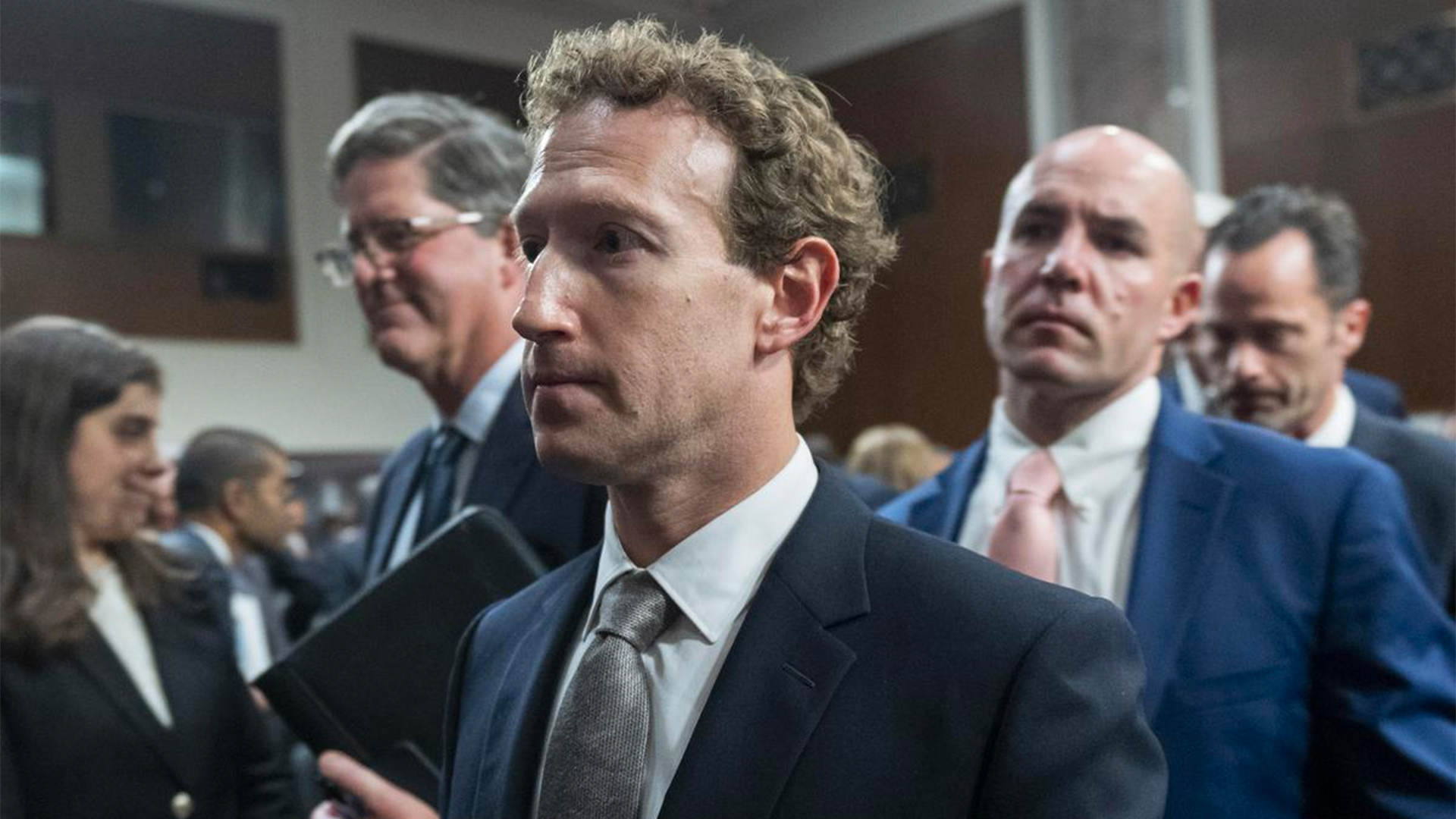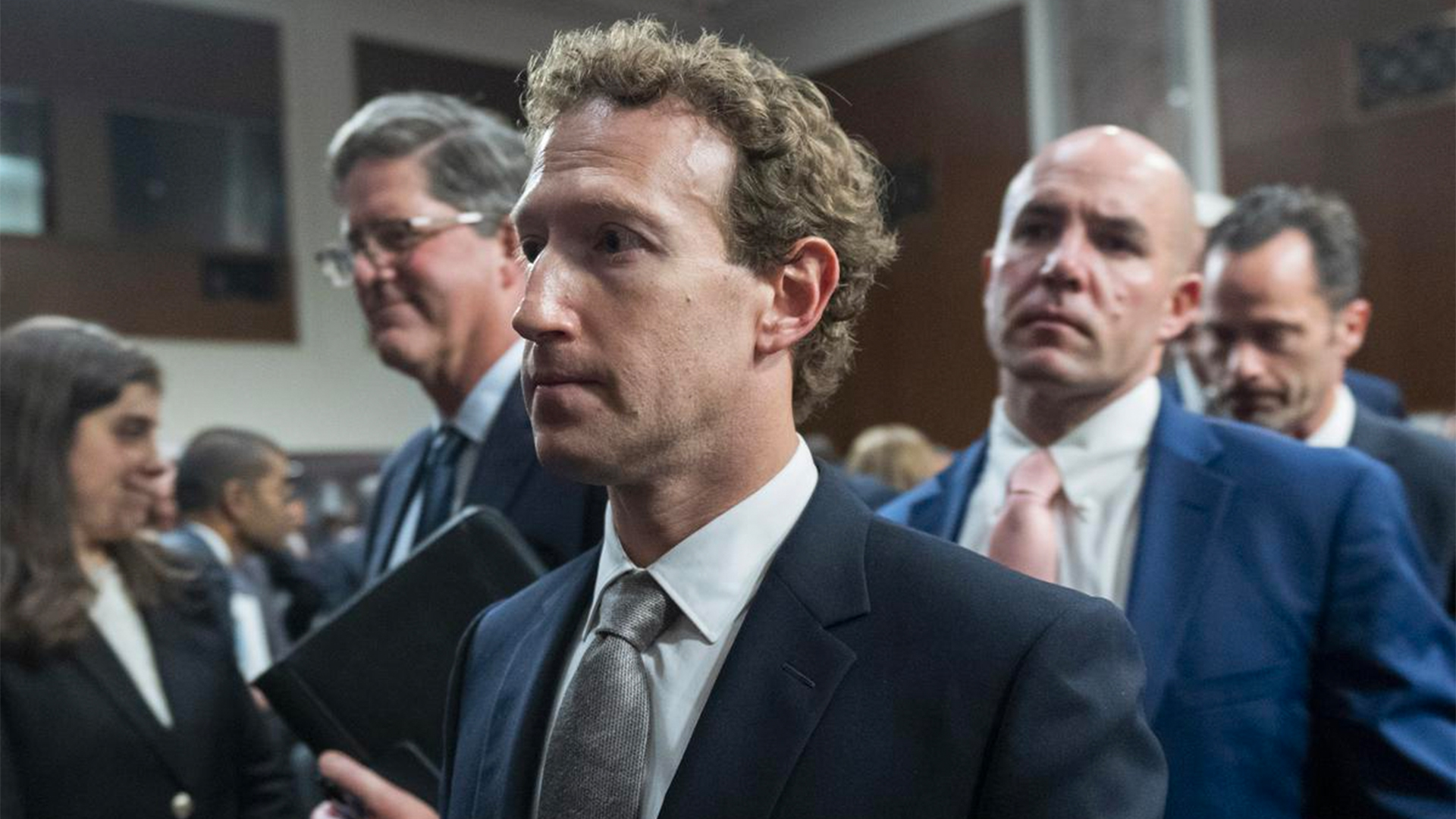Why should kids have all the fun? If you are an adult who craves to play the games of your childhood, why not go for it? Do you miss riding swings in that park near your house? Then step out and indulge your nostalgia.
This is what has been dubbed ‘kidulting’, a new cultural trend where adults participate in playful activities generally meant for children. Let’s take a closer look at what it is and how it impacts mental health.
Kidulting on the rise
The term kidult has been around for some time now. However, kidulting soared in popularity during the early months of the COVID-19 pandemic, noted a Well+Good article.
Even after the pandemic subsided, adults have continued to ‘kidult’. According to clinical psychologist Carla Marie Manly, PhD, “In practice, kidulting is a natural, simple return to known, feel-good childhood activities”.
“The familiarity of the activity is often the perfect backdrop for unwinding," the author of Joy From Fear said.
A Toy Association survey found in 2021 that of the 2,000 parents in the United States who bought toys and games, around 58 per cent purchased it for themselves, reported Bloomberg.
Brands and companies have been quick to make space for kidults. Recognising this nostalgia-driven trend McDonald’s rolled out a limited-edition adult Happy Meals that came with a collectible toy last October.
Dopamine Land, an interactive museum in London and Madrid, offers kidults to channel their “inner child”. Wondr in Amsterdam lets people “dive into a sea of pink marshmallows” and “write on the walls”.
As per The Economist, Ballie Ballerson, which has a giant ball pit for adults in three United Kingdom cities, garners thousands of visitors every month.
The trend has also gripped TikTok where influencers have been posting pictures of themselves dressed up in clothes popular in the early 2000s.
It is not just millennials who are kidulting but also older generations, noted HuffPost.
Nostalgia for the lost time
As per HuffPost, indulging in nostalgia-driven activities can boost mental health. A 2016 study published in the journal Emotion found that nostalgia stimulates self-continuity, meaning a sense of connection between one’s past and present. In 2021, another study in the same journal discovered that nostalgia can strengthen people’s feelings of connectedness with others.
“Overall, I think nostalgia is just comforting,” Nicole Booz, the founder of GenTwenty.com and author of The Kidult Handbook told HuffPost.
“Adults who reminisce [in> the nostalgia of childhood are looking back to a time in their lives where they felt secure, when there was an entire lifetime of possibilities in front of them.”
ALSO READ: What is a ‘delusionship’, yet another trend that comes with dating in 2023?
Benefits of kidulting
Childhood play, such as riding bicycles, drawing, playing carrom or building Legos, reminds one of their past, carefree selves. These activities “are often carried into adulthood as the epitome of freedom, fun, and joy,” clinical psychologist Dr Manly was quoted as saying by Well+Good.
“Kidulting gives us the opportunity to return, if only for a few moments or hours, to simpler times that brought us joy,” the expert added.
As per The Economist, kidulting spaces such as Dopamine Land can also trigger the pleasure-seeking hormone dopamine. The World Health Organization (WHO) said last March that the prevalence of anxiety and depression rose by 25 per cent globally in the first year of COVID-19.
Krystine Batcho, a professor of psychology at Le Moyne College in Syracuse, New York, suggested adults should play games when they are anxious or stressed.
“At first, play might serve as an escape from the burdens of responsibilities, disappointments, or worries but given a chance, play can also revive feelings of awe as ordinary things are seen through curious eyes from a new perspective,” she told HuffPost.
“Play can foster creative benefits of imagination, fantasy, and the temporary suspension of the limits of reality.”
For many adults, kidulting can help in “healing” the inner child. According to Dr Manly, adults who experienced violence or trauma in their childhood due to which they could not play freely can practice mindful kidulting – activities that they wished they could have done as a child, reported Well+Good.
Speaking to HuffPost, Booz, the author of The Kidult Handbook, said kidulting is not about being “childish or immature” and called for including friends while partaking in activities reminiscent of one’s childhood.
“Playing at any age is helpful to keep us from becoming too stuck in our ways,” clinical psychologist Trish Phillips told Well+Good. “Adding play increases spontaneity, releases feel-good hormones inside of us, and even helps us to think more clearly.”
So adults, as Dr Phillips said, “let the child within you take center stage, and help you remember the magic of childhood moments”.
With inputs from agencies


)




)
)
)
)
)
)
)
)